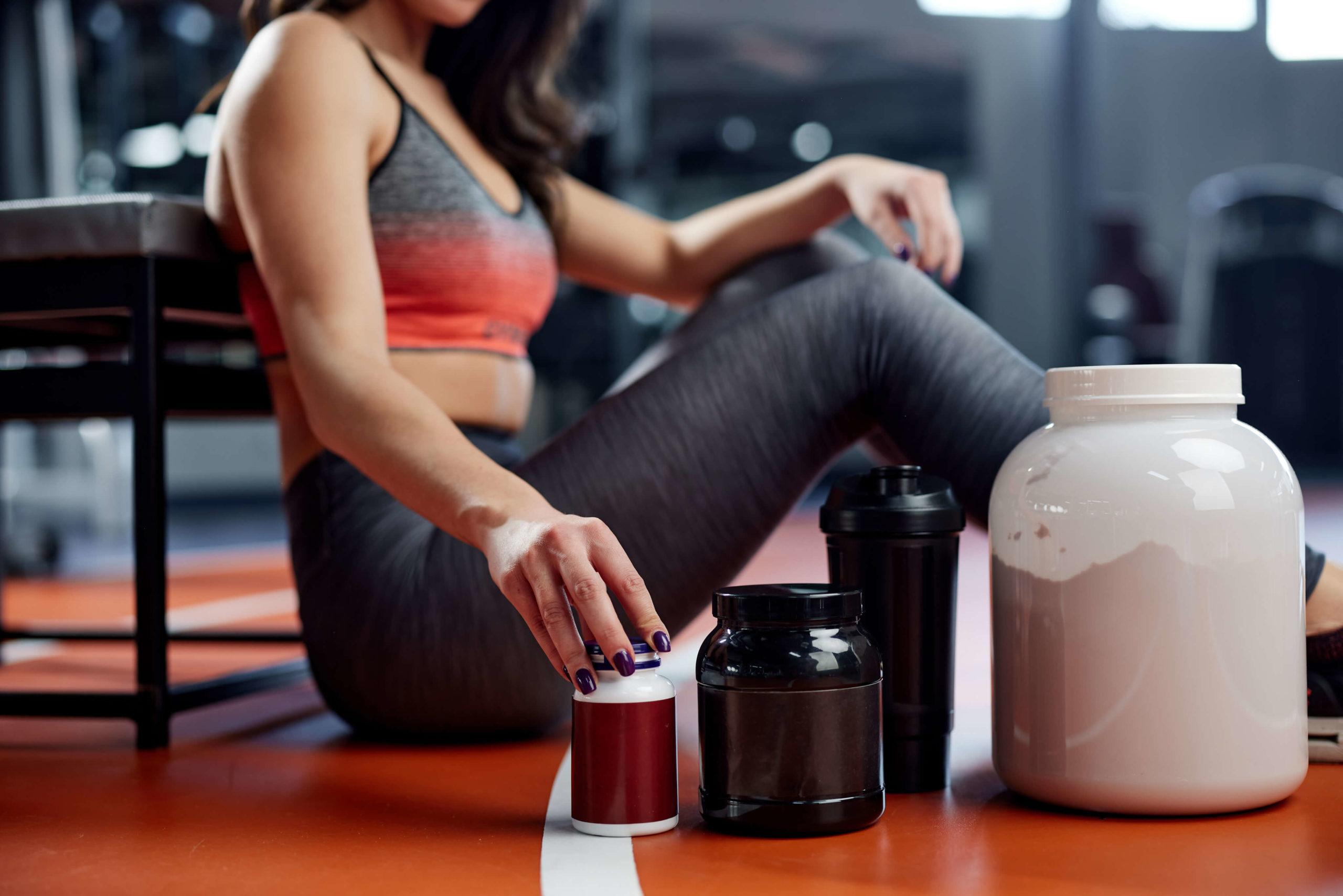So you’ve found a pre-workout supplement that you really like, but it’s given you the shakes once or multiple times in a row. It happens more than you think. Pre-workout jitters are the worst. A possible side effect of many pre-workouts, it annoyingly overshadows a supplement’s overall purpose: to boost energy, endurance, and performance while you work out.
Where do you find the happy medium? How can you get the perfect amount of energy from a pre-workout without getting too hyper (or feeling like your heart is skipping a beat)?
The last thing you want is to keep getting gypped by taking pre-workouts that only leave you scatterbrained and on the verge of a post-workout crash. This article features tips on how to prevent that jittery feeling after your pre-workout booster.
The negative effects of a caffeine crash
Studies show that a caffeine overdose could end with undesirable stimulation of the central nervous system. However, caffeine in small doses can provide a nice pick-me-up. Moderate consumption of this stimulant can give you a healthy, energetic boost. If you’ve noticed, most pre-workouts already have caffeine built into the formula.
But what happens when you go overboard on a caffeinated stimulant? You might become so overwhelmed with energy that you don’t know what to do with it all. What goes in must go out. The excess caffeine eventually wears off and may cause you to crash afterward.
Expect the same result when you take a supplement with an astronomically high amount of caffeine or have another caffeinated drink around the time of your pre-workout. Fortunately, you can avoid this with responsible caffeine consumption.
Go easy on the caffeine
Be sure that your caffeine intake doesn’t exceed your body’s daily tolerance of the stimulant. The FDA suggests that 400 milligrams are where you should draw the line with your daily caffeine intake. It might also be beneficial to spread your caffeine intake throughout the day rather than consuming it all in one sitting.
Have the pre-workout meal
Most importantly, don’t forget to eat something before your caffeinated pre-workout. Avoid taking the stimulant on an empty stomach, as skipping food before caffeine only intensifies the jitters.
According to a study published in The British Journal of Nutrition, having caffeine before breakfast can disrupt the control of your blood sugar levels. It can also set the stage for heart disease and diabetes if it becomes a repetitive habit.
Need some pre-workout meal ideas? WebMD recommends choosing easily digestible foods that won’t leave you feeling lethargic. Eating a peanut butter and jelly sandwich, a fruit and yogurt smoothie, or a bowl of oatmeal with fruit should do you justice.
Drink plenty of water
What does water have to do with caffeine jitters? Water flushes your system and regulates the flow of blood circulation. While it might not cause caffeine to wear off quicker, staying hydrated can help you maintain healthy blood pressure. This indirectly affects caffeine’s tendency to raise blood pressure — in a good way.
The American Council on Exercise (ACE) suggests drinking 17 to 20 ounces of water two hours before your workout and another 8 fluid ounces 20 to 30 minutes prior. They also recommend consuming 7 to 10 ounces every 10 to 20 minutes while exercising.
Choose pre-workouts with L-theanine or caffeine-free alternatives
What if you don’t want to walk on eggshells with your caffeine intake? Well, you could either avoid it entirely with caffeine-free supplements or find a pre-workout with L-theanine. When combined with caffeine, theanine amplifies caffeine’s positive effects while minimizing the negatives, including jitters and fluctuating energy.
If you’d rather go without caffeine, stimulant-free pre-workouts might be more your style. These are just suitable alternatives for a decent pick-me-up that doesn’t involve the adverse effects of caffeine. One popular option is this stimulant-free pre-workout formula from Kaged.
The final scoop
There you have it. Now you know what to do if those jitters creep up on you again. Instead of letting it throw you off, try to prevent it from happening in the first place by following the tips in this guide. After all, pre-workouts aren’t cheap, and you deserve to reap the benefits you pay for.





